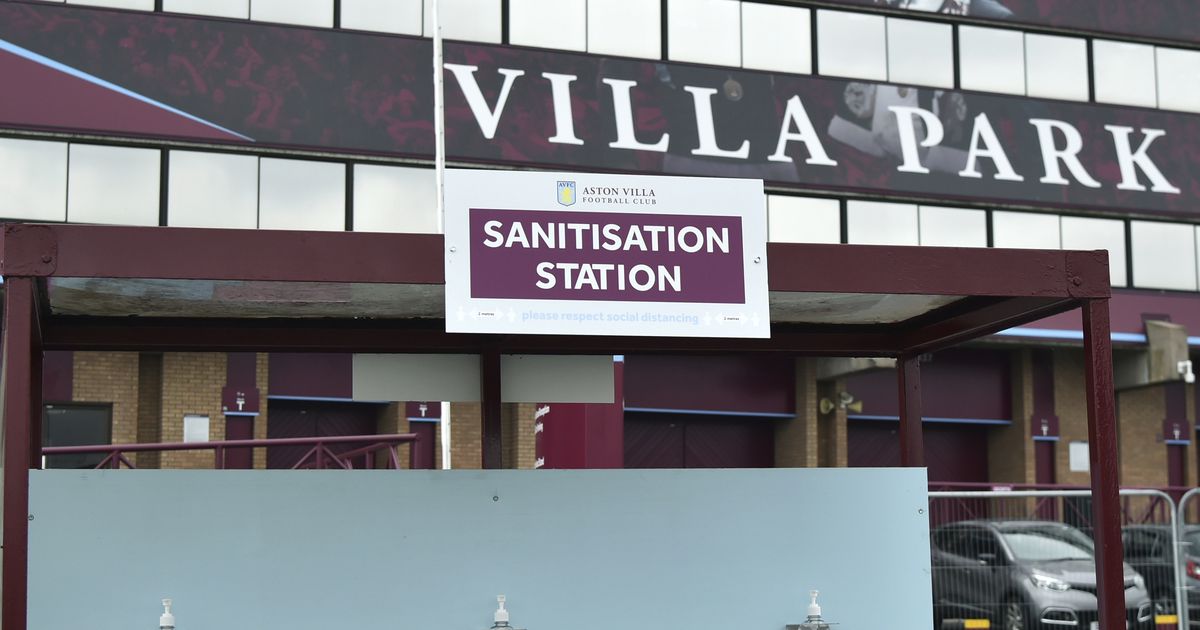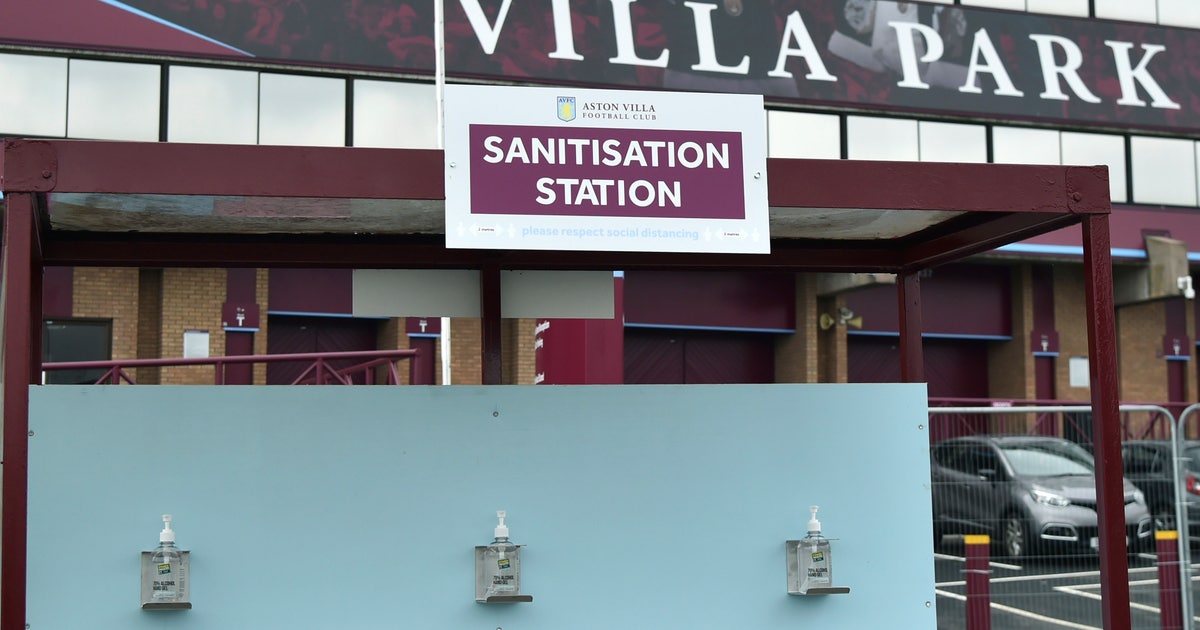Glued to the telly: English soccer returns, a nation sighs


MANCHESTER, England (AP) — English soccer’s longest suspension since World War II comes to an end Wednesday, bringing the country’s favorite sport back to a nation that has struggled to protect its citizens during the coronavirus pandemic.
The Premier League, the richest soccer league in the world with massive worldwide viewership, was suspended on March 13 after Arsenal manager Mikel Arteta tested positive. The virus had been rapidly spreading from Italy and Spain to the rest of Europe but it took soccer authorities to halt play, a move that has been credited with saving lives by keeping tens of thousands of fans in England from being infected at stadiums as they raucously supported their teams.
Prime Minister Boris Johnson’s Conservative government has faced widespread criticism for not ordering a nationwide lockdown until March 23 and not supplying health care workers with enough protective equipment. Johnson himself fell seriously ill with the virus.
Health experts say if the government had just shut down the country one week earlier, Britain could have cut its virus-related death toll of over 42,000 in half. The death toll is the highest in Europe.
“I thought about the night I started to have some symptoms, how serious that was,” Arteta said in a pre-match virtual news conference. “It had to be reported because I could put at risk a lot of people.”
Britain has eased its lockdown despite still seeing more than 1,000 new coronavirus cases and hundreds of deaths each week. So after months of planning, the Premier League is getting back on the field — even though they will be playing in empty stadiums, just like Germany’s Bundesliga, which returned last month.
The first Premier League match in more than three months will be between Birmingham club Aston Villa and Sheffield United on Wednesday, followed by second-place Manchester City taking on London club Arsenal.
League leader Liverpool, which holds a massive 25-point lead over Man City and is close to winning its first league title in 30 years, will play its first match Sunday at city rival Everton.
“Obviously it is going to be an odd experience without fans,” said Premier League chief executive Richard Masters. “The Premier League won’t be back with a capital ‘B’ until fans are back.”
The opening round of matches will honor the Black Lives Matter movement, which spread to Britain and the rest of the world following the death of George Floyd in Minneapolis by police last month. Players on each team will have their names removed from the back of their shirts and replaced with “Black Lives Matter.” They will also wear a Black Lives Matter logo and a badge thanking Britain’s National Health Service for the rest of season.
The latest example of the league’s clout came this weekend when 22-year-old star Marcus Rashford publicly demanded that Johnson’s government reverse its decision to halt school lunch vouchers for poor students over the summer holidays. The Manchester United and England player cited his own childhood experience of relying on free school lunches and food banks.
His campaign to protect hungry children drew wide support, prompting Johnson to make an abrupt policy U-turn Monday and continue the vouchers. Johnson then called Rashford to thank him.
After the announcement Rashford tweeted: “I don’t even know what to say. Just look at what we can do when we come together, THIS is England in 2020.”
During the lockdown and with the resumption of the season in doubt, the league had feared it could lose more than $1 billion for failing to meet broadcasting commitments.
Of the five biggest soccer nations in Europe, England will be the fourth to get back on the field. Germany was first last month, while Spain and Italy resumed this month. France canceled the remainder of its season while the virus was still peaking — as did England’s neighbor, Scotland.
When teams were finally allowed to return to training, social distancing measures and testing for COVID-19 were put into place. Soccer authorities have now agreed to allow five substitutions in each match, rather than three, to cut down on injuries.
For now, only 110 people — including players, referees and coaches — will be allowed in the red zone around the field of play, and will be required to have a negative COVID-19 test in the previous five days as part of a medical passport that will see a barcode scanned before they can enter.
Although fans won’t be allowed in the stadiums, many games will be available to watch on free TV — partly to keep fans from gathering by the thousands outside stadiums.
“We’ve negotiated 1/3 matches on free to view TV & all to be covered on broadcast for you,” British Culture Secretary Oliver Dowden tweeted Wednesday. “Please️ support from home & keep the restart safe.”
The Premier League plans to finish the remaining 92 games of its season by July 26. There are also contingency plans for what to do if a second wave of infections that causes another shutdown but not about how to resolve an incomplete season.
The second division in England will also resume this weekend, while the third and fourth divisions will play only playoffs. The women’s league and the lower men’s leagues were all canceled.
Once all the national leagues are done, the country’s beloved FA Cup final will be held on Aug. 1. The Champions League is expected to finish its season in an abbreviated tournament-style finish in Lisbon in mid-August.








